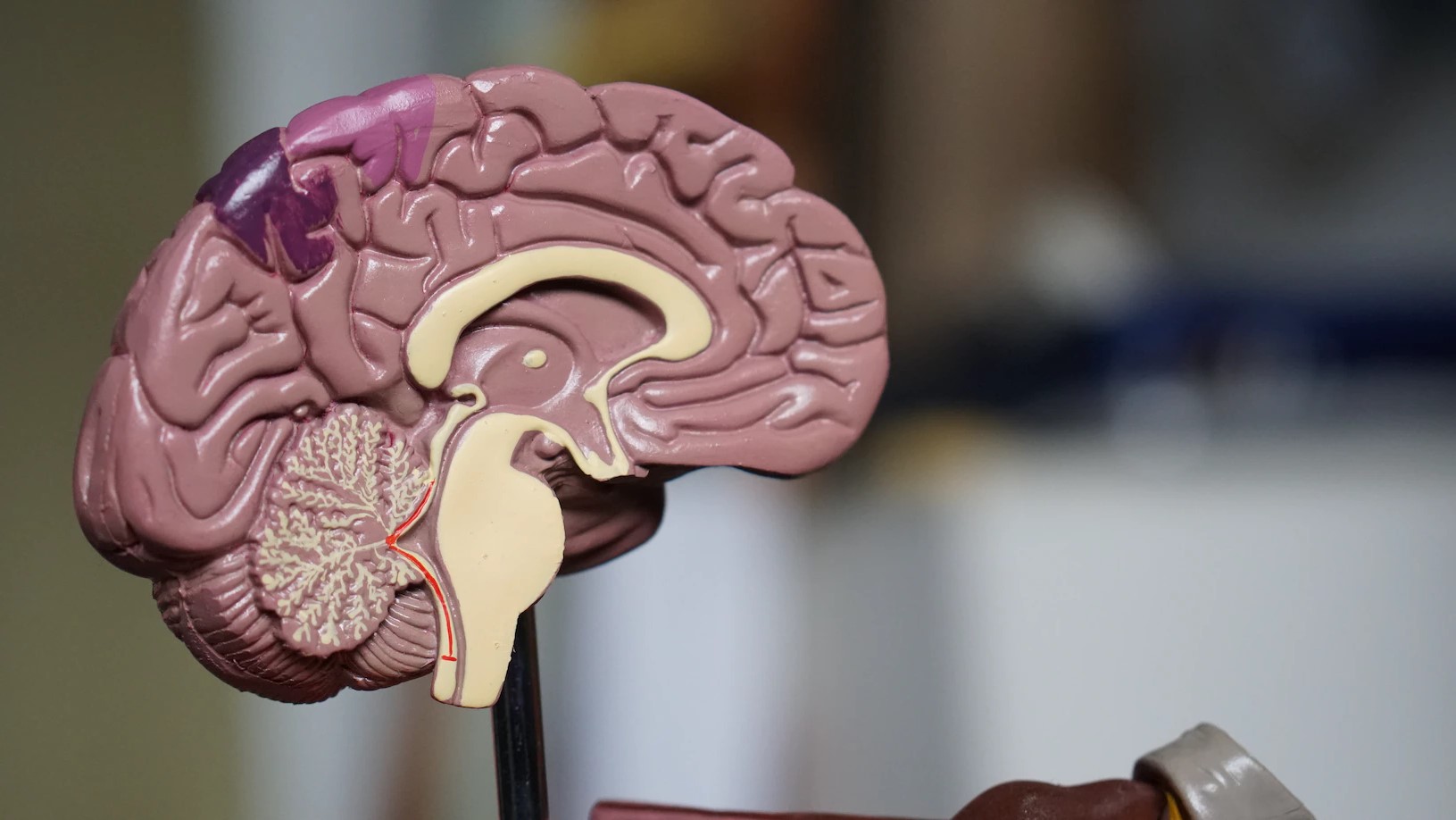
Neurodegenerative diseases are a group of disorders characterized by the progressive degeneration of the structure and function of the nervous system. These conditions, including Alzheimer's, Parkinson's, and ALS, affect millions worldwide. Understanding neurodegenerative diseases is crucial because they impact not only those diagnosed but also their families and caregivers. Symptoms often start subtly, making early detection challenging. Research into these diseases aims to uncover causes, develop treatments, and improve quality of life. While there is no cure yet, advancements in science and medicine offer hope. This article will provide 20 essential facts about neurodegenerative diseases to help you grasp their complexity and significance.
What Are Neurodegenerative Diseases?
Neurodegenerative diseases are conditions that involve the progressive loss of structure or function of neurons, including their death. These diseases can affect movement, cognition, and other bodily functions. Here are some key facts about these conditions.
-
Neurodegenerative diseases include Alzheimer's, Parkinson's, Huntington's, and ALS. Each of these diseases affects the brain and nervous system in different ways.
-
Alzheimer's disease is the most common neurodegenerative disorder. It accounts for 60-70% of dementia cases worldwide.
-
Parkinson's disease primarily affects movement. Symptoms include tremors, stiffness, and difficulty with balance and coordination.
-
Huntington's disease is a genetic disorder. It causes the progressive breakdown of nerve cells in the brain, leading to movement, cognitive, and psychiatric disorders.
-
ALS (Amyotrophic Lateral Sclerosis) affects motor neurons. This leads to muscle weakness, paralysis, and eventually respiratory failure.
Causes and Risk Factors
Understanding what causes these diseases can help in prevention and treatment. While some factors are known, many remain a mystery.
-
Genetics play a significant role in many neurodegenerative diseases. For example, mutations in specific genes can lead to Huntington's disease and familial forms of Alzheimer's and Parkinson's.
-
Age is the biggest risk factor. The likelihood of developing a neurodegenerative disease increases significantly as people get older.
-
Environmental factors may contribute. Exposure to toxins, heavy metals, and pesticides has been linked to an increased risk of Parkinson's disease.
-
Lifestyle choices impact risk. Poor diet, lack of exercise, and smoking can increase the risk of developing these diseases.
-
Head injuries are a risk factor. Traumatic brain injuries can increase the likelihood of developing Alzheimer's and Parkinson's diseases later in life.
Symptoms and Diagnosis
Recognizing the symptoms early can lead to better management of these diseases. Diagnosis often involves a combination of medical history, physical exams, and specialized tests.
-
Memory loss is a common symptom of Alzheimer's disease. It often starts with forgetting recent events or conversations.
-
Parkinson's disease symptoms include tremors and slow movement. These symptoms usually begin on one side of the body and gradually spread.
-
Huntington's disease symptoms can include mood swings and depression. These psychiatric symptoms often appear before movement issues.
-
ALS symptoms start with muscle weakness. This usually begins in the limbs and progresses to other parts of the body.
-
Brain imaging is crucial for diagnosis. MRI and CT scans can help identify changes in brain structure associated with these diseases.
Treatment and Management
While there is no cure for neurodegenerative diseases, treatments can help manage symptoms and improve quality of life.
-
Medications can help manage symptoms. For example, Levodopa is commonly used to treat Parkinson's disease symptoms.
-
Physical therapy is beneficial. It can help maintain mobility and function in patients with Parkinson's and ALS.
-
Occupational therapy aids daily living. Therapists can teach strategies to cope with cognitive and physical challenges.
-
Support groups provide emotional support. Connecting with others facing similar challenges can be incredibly helpful for patients and their families.
-
Research is ongoing. Scientists are continually working to understand these diseases better and develop new treatments.
Final Thoughts on Neurodegenerative Diseases
Neurodegenerative diseases, like Alzheimer's, Parkinson's, and ALS, impact millions globally. Understanding these conditions is crucial for early detection and better management. Research shows lifestyle choices, such as a balanced diet and regular exercise, can reduce risk. Genetic factors also play a significant role, making family history important. Treatments focus on symptom management, as cures remain elusive. Advances in stem cell therapy and gene editing offer hope for future breakthroughs. Support networks and mental health resources are vital for patients and caregivers. Awareness and education can drive funding for research and improve quality of life. By staying informed and proactive, we can better navigate the challenges posed by these diseases.
Was this page helpful?
Our commitment to delivering trustworthy and engaging content is at the heart of what we do. Each fact on our site is contributed by real users like you, bringing a wealth of diverse insights and information. To ensure the highest standards of accuracy and reliability, our dedicated editors meticulously review each submission. This process guarantees that the facts we share are not only fascinating but also credible. Trust in our commitment to quality and authenticity as you explore and learn with us.


